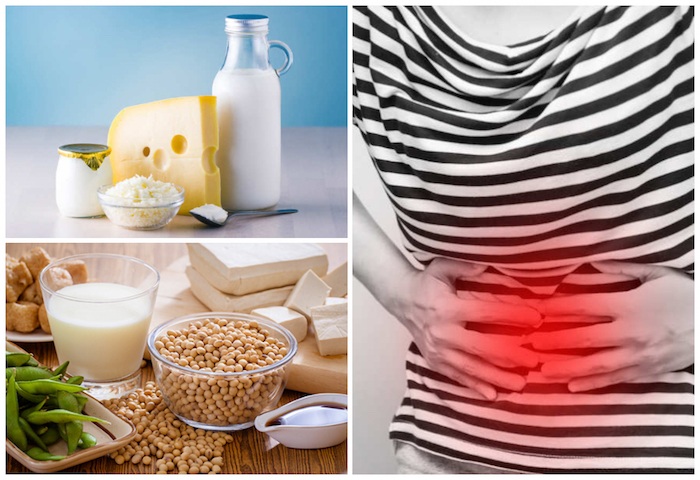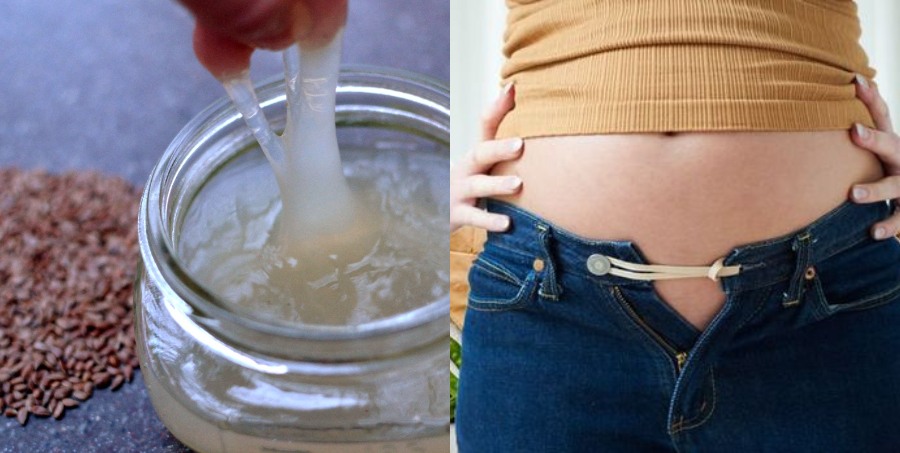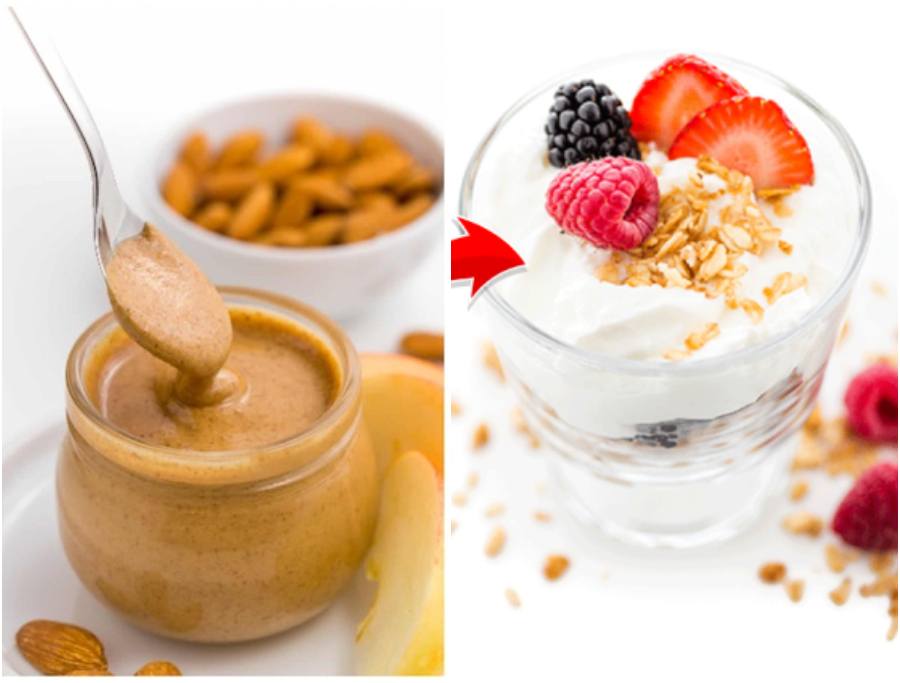Polycystic ovarian disease or polycystic ovarian syndrome is a hormonal disorder that is quite common in women of reproductive age in the urban population. It has become a cause of worry because PCOD, as it is commonly known, comes with a cluster of symptoms – from acne, excessive facial growth, insulin resistance, pre-diabetic condition, and even infertility. Since there is no specific cure for PCOD, dietary changes and exercise are known to greatly benefit women suffering from this syndrome. Since diet plays an important role in treating PCOD, it would be prudent enough to make a list of items that flare up situation and eliminate them completely from your diet. Dairy products is one category of food items that have become quite controversial in PCOD condition along with refined food items. One should not overlook the importance diet plays in management of this condition and that’s why Rati Beauty diet programs help to lose weight in a healthy way without compromising on nutrition. In this post, we will answer whether “can you eat dairy dairy products if you have polycystic ovarian disease.


What is PCOD?
PCOD/PCOS is an endocrine disorder where women of reproductive age have an imbalance of hormones including estrogen and testosterone. Disturbance in menstrual cycle, insulin resistance, excessive facial hair growth, obesity, prediabetic condition, increased male hormone levels (androgen), acne, infertility, and difficulty in losing weight are all common symptoms associated with this disorder. In this disease, one or both the ovaries become enlarged in size with multiple cysts that are filled with liquid sacs, full of developed ovum, leading to hormonal imbalance. This hormonal imbalance will prevent release of eggs from ovaries, leading to infertility.
Common Symptoms of PCOD:
- Changes in menstrual cycle, delayed or irregular periods, or no periods at all.
- Painful periods.
- Hyperpigmentation, acanthosis nigricans.
- Acne/pimples
- Fatigue.
- Difficulty in losing weight.
- Facial hair.
- Skin tags.
- Stress/anxiety.
- Infertility.
Health Factors Associated with PCOD:
1. Risk of developing type 2 diabetes.
2. High cholesterol levels.
3. Obesity.
4. Depression.
5. Anxiety.
6. Infertility because of disturbance in menstrual cycle.

Link Between Dairy Products and PCOD:
Dairy foods have been found to be inflammatory in nature, sometimes even preventing ovulation. Not many studies are available connecting the affect of dairy products on PCOD, but interestingly, low-fat and fat-free milk have been found to flare up PCOD symptoms and even hamper weight loss progress in women. It has been found that reducing dairy foods for 3 to 4 months can improve symptoms to a great deal. The Journal of Obesity Weight Loss Therapy found out that a low-starch and low-dairy diet is immensely beneficial for PCOS. It also found that there’s a high consumption of fat-free and low-fat dairy products among women with PCOD. If you have acne issue, it would be a good decision to cut back on milk and milk-based products. Frequent servings of dairy products along with a high glycemic load diet are found to flare acne situation. Also, dairy has shown to increase insulin levels leading to weight gain and acne. Skimmed milk, fat-free and low-fat milk are though to have high glycemic load compared with other carb foods.
How Dairy Products Affect Weight Loss in PCOD:
Just as you avoid processed, transfat, and refined foods, it would be a good idea to cut down on dairy products from the diet if you have PCOD, especially those with low-fat and fat-free content. There is also evidence that non-fat milk can contribute to increased androgen and insulin levels, and we all known high insulin levels create fat cells and make it difficult for one to lose weight. Women with PCOD are often advised to limit their dairy intake, particularly of milk and yogurt. Dairy products such as low-fat milk, paneer, are not usually recommended for women with PCOS because it can lead to insulin resistance. A diet that’s low in dairy products is often linked with weight loss along with improved insulin sensitivity.
Alternatives to Dairy Products for PCOD:
- Skimmed milk, full-fat milk.
- Yogurt – Unsweetened Greek yogurt.
- Limited intake cheese is also fine.
- Coconut milk.
- Almond milk.
- Butter is also fine.
- Oatmilk instead of milk.
- Flaxseed milk.
- Nut milk.
Summing up, it would be a good idea to limit your dairy intake to alleviate symptoms of PCOD.





